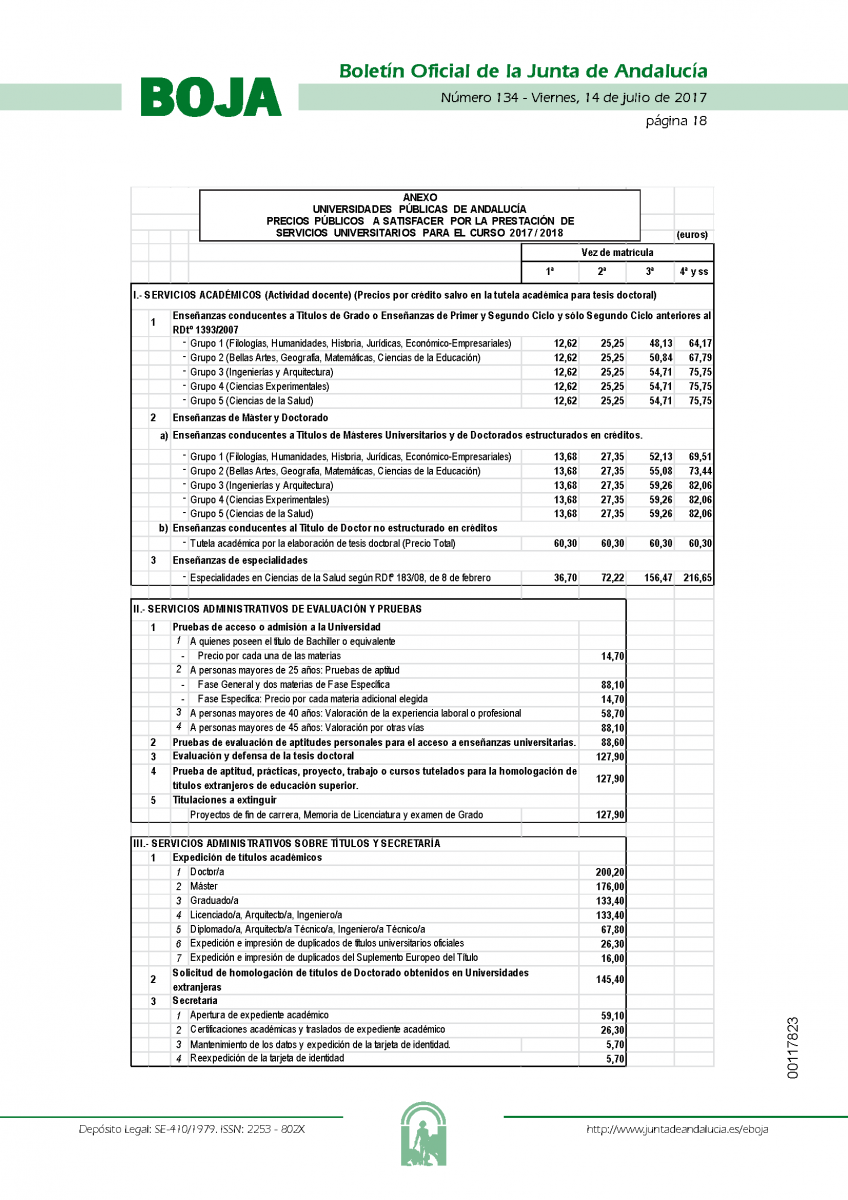The start, the meetings and the end. Once you have set up where who and what, it's time to start your story. There are several possible scenarios, but I present to you the 3 points that I notice most often in the stories. - The departure: Your hero reacts to what and thinks (or starts) to find a solution. - Meetings: Your hero faces a new place, a new character (friend or hostile). Your character advances in the story and walks through his meetings. Does your hero need help, must he run away, fall in love? What will be the dialogues? What will come out of this meeting? An injury, an object, a crucial piece of information, the creation of a friendship? - The end: The lack of departure is reached, the problem is solved. Your hero has succeeded (or failed) his course. Is he happy or sad about the final outcome? Will he celebrate his success? Is your hero dead? Does he go home? Does he become someone important? As mentioned at the beginning of this article, a story is like a house: your story will be better if your foundation is solid. A little trick: Before starting to write a story, I always scribble the outline of my story. I make a very broad summary. Here is an example of my last a knockout post: Young redhead girl, always angry, receives a gift, not happy, will get rid of it, meet the master, realize his mistake, meet a friend who will help him, will repair his mistake, succeeds and is happy with his gift. I leave this summary dragging and I reread it from time to time to make sure that I did not bifurcate too much of my goal en route. Sometimes, during the creation, it happens to me that a better idea arises and I correct my initial summary with this new orientation.

